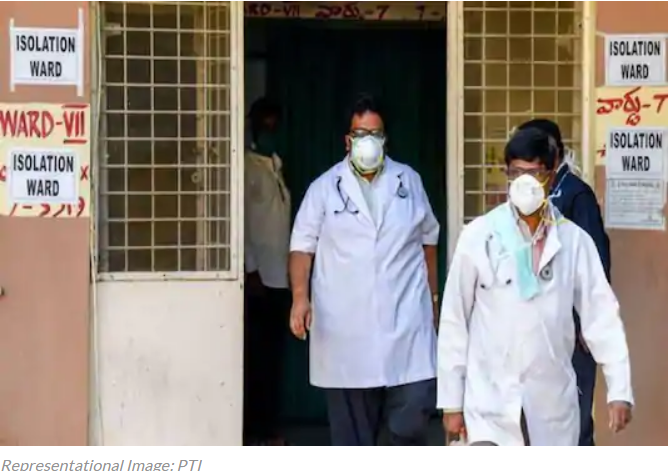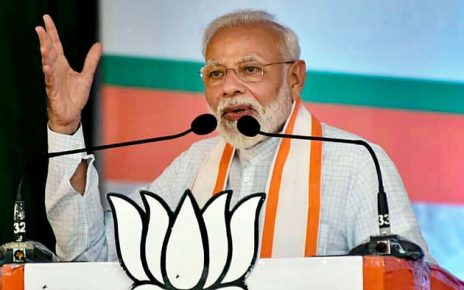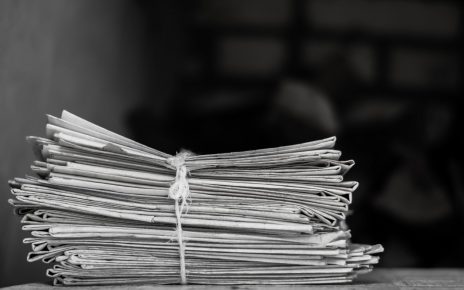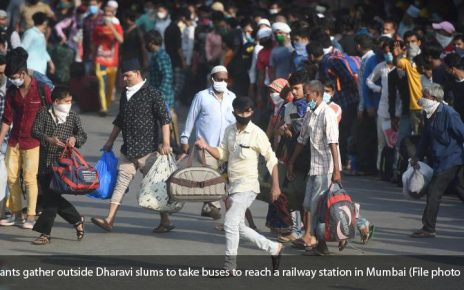News18
06 June 2020
The sudden spurt in number of Covid-19 positive cases in Changlang district triggered the AAPSU to seek a separate tally for the Chakma refugees settled in Diyun subdivision.
Fearing that the documented corona-positive patients from the Chakma community of Arunachal Pradesh will seek legal permanent residency based on their inclusion in the state’s Covid-19 tally, the All Arunachal Pradesh Students’ Union (AAPSU) said that the Chakma refugees should be separated from the list of indigenous people who have been tested positive in the state. However, the student body clarified that they were not against the Chakmas getting access to healthcare facilities during the pandemic.
“The Chakmas are refugees temporarily settled in Arunachal Pradesh, and both the state government and the Centre should not include them in list of indigenous people testing positive for coronavirus. Let them have a separate tally of Chakma refugees. We are not against them availing medical services or whatever is provided by the government. We might have differences, but this is about humanity,” said AAPSU General Secretary Tobom Dai.
The sudden spurt in number of Covid-19 positive cases in Changlang district triggered the AAPSU to seek a separate tally for the Chakma refugees settled in Diyun subdivision.
“There are about 29 cases from Changlang district, and most of them are Chakma returnees who were working in the metros. The Chakmas have outnumbered the Singpho and Khamti tribes in Diyun, and if they are included in the list of Arunachali Covid-19 patients, it can prove dangerous for us in the long run,” said Dai.
“For long, we have been demanding the relocation of Chakma refugees from Arunachal, and the matter is now in Supreme Court. If they are not demarcated from indigenous people in the tally, they would use this bit of documented evidence of Coronavirus cases to seek permanent residency,” Dai added, stating that the Chakmas were brought to Arunachal Pradesh by the Central government in 1960s without taking the indigenous tribes into confidence.
Rejecting AAPSU’s stand and terming it ‘illogical’, Suhas Chakma, Advisor of the All India Chakma Social Forum and Director of Rights and Risks Analysis Group (RRAG) said that the Chakma patients infected by Covid-19 are ‘citizens of India by birth from Arunachal Pradesh who have been exercising their right to franchise in elections’.
“There is no word called ‘Arunachalese’ in the constitution of India, which defines people of Arunachal Pradesh into Schedule Tribes and non-tribals. The Chakmas, in particular those infected by Covid-19, were born in Arunachal Pradesh and they are citizens of India by birth from Arunachal Pradesh as per Section 3 of the Citizenship Act. Rather, by the illogical definition of the AAPSU, about 3,84,435 non-tribals as per 2011 census, and all the Indian soldiers serving in Arunachal Pradesh including those deployed in Indo-China border also cannot be counted in Arunachal Pradesh in case of infections. People should grow up and talk sense,” remarked Suhas Chakma.
Meanwhile, the AAPSU also asked the state government to declare the Diyung sub-division of Changlang district a containment zone.
The current population of Chakmas in Arunachal Pradesh is believed to be over 1 lakh, the first generation of the group having migrated in 1964 after the Kaptai dam tragedy. They entered India through the then Lushai Hills district of Assam (now Mizoram), and originally had their territory near the Chittagong Hill Tracts of former East Pakistan (now Bangladesh). In the state, they are settled in Changlang and Papum Pare districts.



